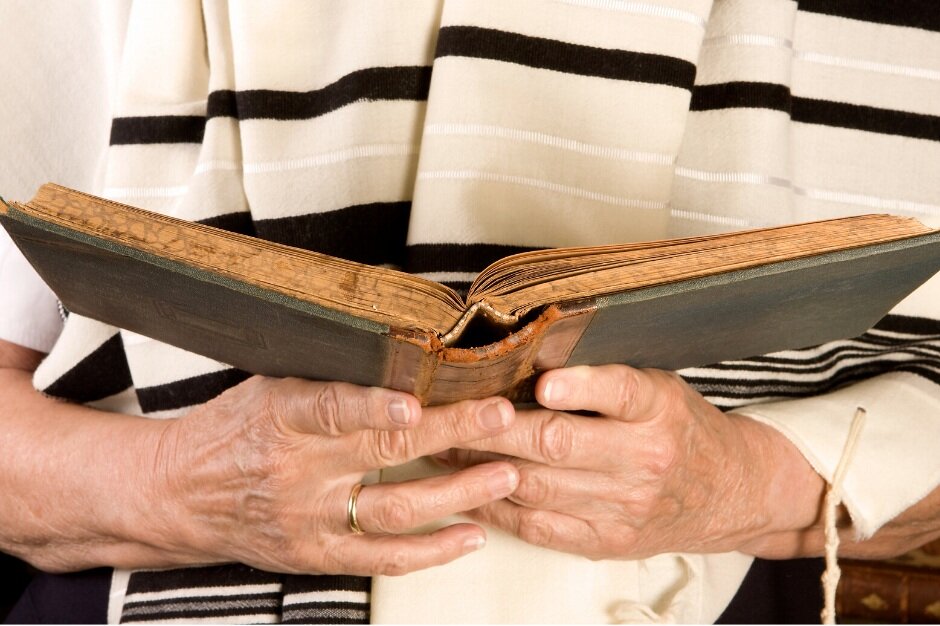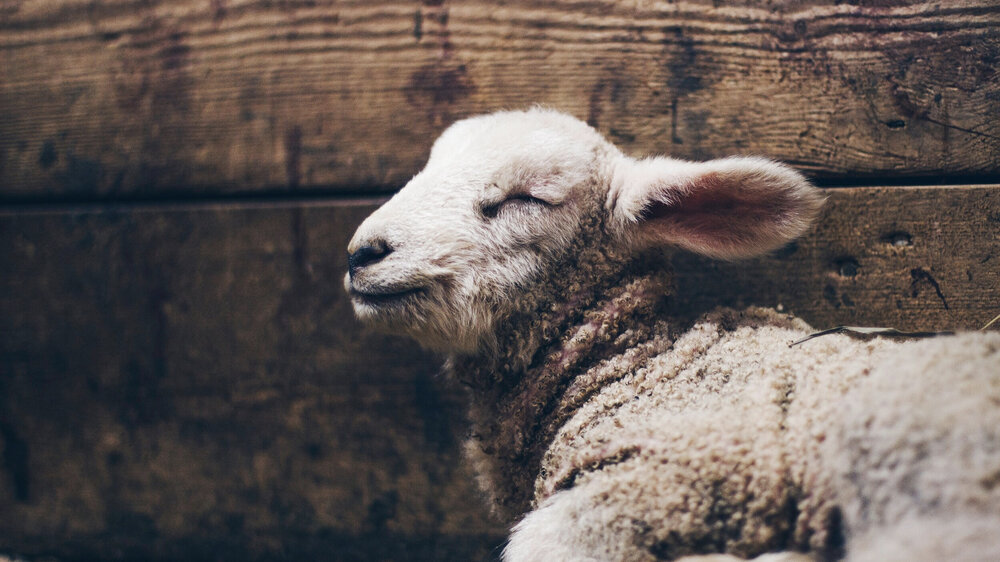The promised redeemer

“Blessed are you L-rd our G-d . . . who brings a redeemer to their children’s children . . . ”
This daily Jewish prayer cited above identifies the Messiah as a redeemer promised to Abraham, Isaac and Jacob.
That immediately raises a question: from what does the Messiah redeem?
In traditional Judaism the Rambam’s Mishneh Torah is often the first “go-to source” for an answer on this question.
The Rambam definitely has important things to say about the Messiah. He describes the Messiah foremost as the person who will bring the exile of Israel to an end. And the RaMBaM is right about that.
However, in the light of clear teaching from the Tenakh, there is more to Messiah’s person and work that asks for our consideration. Messiah’s redemption goes much deeper still.
For more see:
Truly extraordinary
When we study the Torah and the prophets we see amazing names are given to the Messiah. Indeed, the Messiah plays the crucial role in G-d’s redemption—not only as the most-high king (Psalm 89:27), but also as the most-special priest ever (Psalm 110:4).
He even is a redeemer on the most personal level. In fact, he can be your personal intercessor and make you righteous in G-d’s eyes (Isaiah 53:11).
Not only a dream
Messiah is not only a beautiful dream of the prophets, but also evidence of G-d keeping His promises to the patriarchs, Abraham, Isaac and Jacob.
Study of the Tanakh’s full picture of the Messiah and learning how much already has played out in history is a critical key to our search of shalom.
G-d already has fulfilled a crucial part of the Messianic promise. This increases our confidence that what remains will be fulfilled also. We believe with perfect faith that the Messiah will come—again, all according to the scriptures.
You are invited to explore the scriptures on this critically important issue.
For more see:
The Mystery Of Israel’s Messiah
It is a well-known fact that the Messiah has to be born into the family of David. The Tanakh even says that the Messiah, just like David, will come forth out of Bethlehem.
“Father of eternity” is not the only divine name given to the Messiah. In the verse where we read this name, the prophet gives him also other amazing names.
Messiah pre-existed? Appeared before? He is divine and human at the same time? This is against the Torah you might say. However the truth might surprise you. It is not incompatible with the Torah at all!
If Messiah is associated with one thing it is world peace and rightly so. Messiah is the prince of peace and because of him will one day the wolf and lamb will dwell together. There is however a common misconception.
In the book of Malachi we read about the Messiah: “The Lord whom you seek, will suddenly come to his temple.” (Malachi 3:1 NASB)
Why should Messiah be cut off? (Daniel 9:26) Why should the sword of divine judgment awake against the one who is G-d’s associate? (Zechariah 13:7) Did Messiah sin himself? G-d forbid the thought!
Messiah’s atoning death is not the end. Isaiah not only spoke about the suffering of Messiah. Through Isaiah G-d also said about the Messiah:
Isaiah had to prophesy that Messiah would be “high and lifted up and greatly exalted” after his suffering and atoning death.
According to the Tanakh Messsiah would come to give his life as an atoning sacrifice. About this coming of Messiah the Tanakh says that Messiah would come humbly and without outer glory.
“And His Name Shall Be Called
Wonderful Counselor, Mighty God, Everlasting Father, Prince of Peace.”
— Isaiah 9:6
Messiah ACCORDING TO THE RAMBAM & THE TENAKH
According to the Rambam, the Messiah will be a king who will arise from the line of David. He will be a great Torah sage. He will compel Israel to walk in the way of the Torah, fight the wars of G-d, rebuild the Temple in Jerusalem, gather in all the exiles of Israel and then motivate the entire world to serve G-d together.
Not only will this king be victorious over Israel’s enemies, through him there is also the expectation of ultimate blessing for Israel. Balaam wants to curse Israel but he cannot. G-d’s purpose is to bless Israel.
In his Mishneh Torah the Rambam also says Messiah will build the Temple. Rambam is right again, according to Tenakh: Messiah is the true Temple builder.
Messiah will indeed be king, even over the entire world. But there is much more to the Messiah than his kingly rule. He will also be a very special mediator between G-d and man, a very special priest.
The Rambam says in Mishneh Torah also that Messiah will gather all the exiles. Again, his view aligns with Scripture. God Himself promises to His servant the Messiah:














